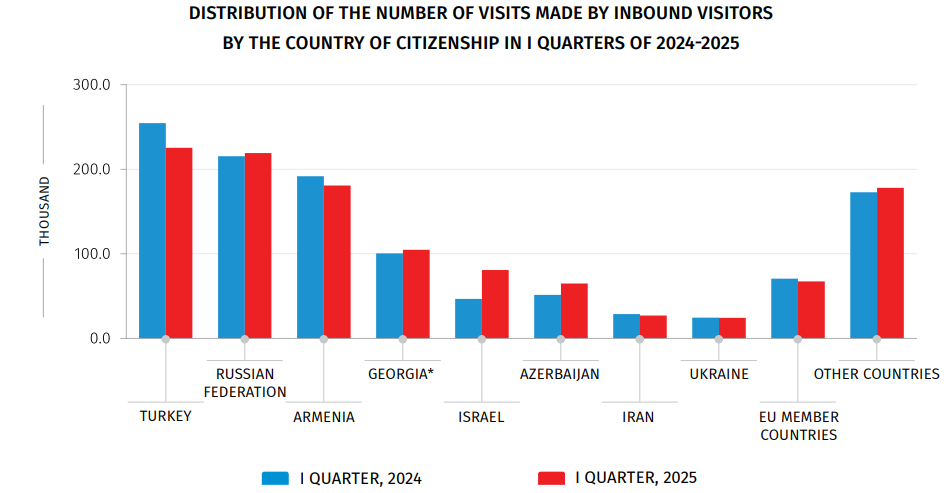
The Rise of Crypto in Global Commerce
The global adoption of cryptocurrencies, particularly stablecoins, continues to accelerate, with businesses worldwide exploring this novel payment landscape. However, a complex web of regulations governs their use, especially in nations with strict domestic bans. Countries like China, Indonesia, Russia, and Turkey have prohibited crypto payments for their citizens within their borders, yet the legality of using crypto to pay for services abroad presents a more nuanced scenario.
Cross-Border Payments: A Legal Gray Area
Legal experts argue that while domestic crypto transactions may be forbidden, cross-border payments could be legally permissible. “As a general rule, the laws of a country apply only to events occurring within that country or to its own citizens,” explains Meric Paldimoglu, a lawyer in Turkey. This interpretation opens the door for scenarios where residents of countries with payment restrictions can utilize crypto for international purchases or services.
Tripzy: A Case Study in Cross-Border Crypto Payments
A prime example of this emerging trend is Tripzy, a Georgian travel company. In early June 2025, Tripzy began accepting Tether’s USDt (USDT) stablecoin via the CityPay infrastructure, catering to international clients. This allows travelers, including those from Russia and Turkey – key tourism sources for Georgia – to book services using crypto. A Tripzy spokesperson highlighted the added freedom and convenience for clients, especially those facing currency restrictions or valuing transaction speed.

The Russian and Turkish Perspective
Yuriy Brisov, founder of D&A CryptoMap, clarifies the Russian legal landscape. He asserts that Russian law does not prohibit the use of cryptocurrency for payments made outside of Russia. Similar perspectives exist concerning Turkish laws. “When a Turkish citizen shops from a company based abroad, Turkish law does not apply,” Paldimoglu states. This indicates that purchasing from foreign websites using crypto is legal for Turkish citizens.
Regulatory Overlaps and Global Scrutiny
While such practices may not directly conflict with current regulations, they do attract the attention of global authorities. Brisov warns that these regulatory overlaps could potentially create loopholes that are closely scrutinized. The Financial Action Task Force (FATF) has raised concerns about the increasing use of stablecoins in illicit transactions, adding another layer of complexity.

Implications and Future Outlook
- **Increased Scrutiny:** Companies facilitating cross-border crypto payments may face heightened scrutiny from international bodies.
- **Geopolitical Considerations:** Countries may need to navigate international pressure depending on their role in enabling such transactions.
- **Evolving Regulations:** The legal landscape surrounding crypto payments is dynamic and subject to change as governments grapple with the technology’s implications.
The future of cross-border crypto payments hinges on the ongoing dialogue between legal experts, regulators, and the global financial community. While opportunities for convenience and freedom exist, businesses and individuals must remain aware of the complex and evolving regulatory environment.


